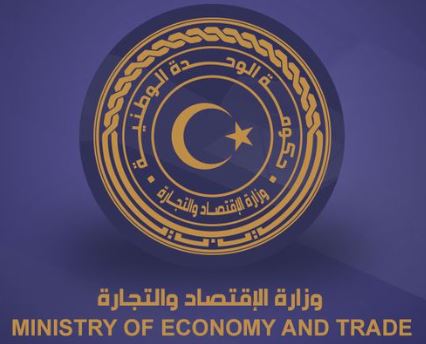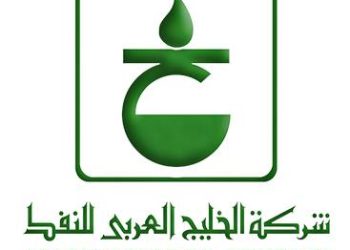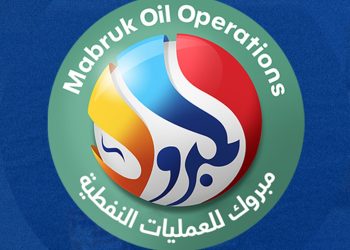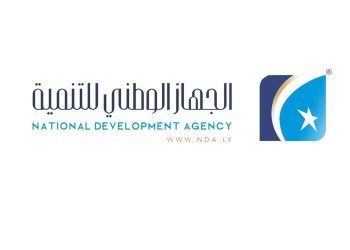The Ministry of Economy and Trade reported last Tuesday (23 September) that as part of the Islamic Development Bank Group’s Introductory Day, the Credit Guarantee Fund of the Ministry of Economy and Trade participated in the signing ceremony of the National Rehabilitation and Reintegration (militia) Project Agreement to launch the TAMEEN initiative.
The agreement, signed at a leading Tripoli hotel last Tuesday, brought together seven key parties, including the Ministry of Finance, the National Rehabilitation and Reintegration Programme, the Credit Guarantee Fund, the United Nations Development Programme (UNDP), the Islamic Development Bank (IsDB), the Libyan Islamic Bank, and Action for Humanity.
The Economy Ministry said the Credit Guarantee Fund’s participation reflects its position as a strategic partner in supporting financing and development initiatives, and its role in promoting economic empowerment opportunities and building local and international partnerships that contribute to achieving sustainable development.
Reporting on the event, the UNDP Libya said this initiative will open doors for women, youth, people with disabilities, and communities most in need of recovery by expanding access to finance, supporting small businesses, and creating sustainable livelihoods.
It aims to unlock opportunities for human development and building the foundations of a more inclusive and resilient Libyan economy, it added.
Comment and analysis
It must be pointed out that both the Ministry of Economy and Trade’s Credit Guarantee Fund and the National Rehabilitation and Reintegration Programme (formerly the Warriors Affairs Commission) have been relative failures.
Credit Guarantee Fund
The Ministry of Economy and Trade’s Credit Guarantee Fund has existed since the Qaddafi era and has failed to set the SME sector and the training of youth, women and university leavers alight. Despite many attempts to resurrect it by consecutive Qaddafi-era and post 17 February administrations, it has failed to provide adequate fund guarantees for banks to enable them to offer enough finance to catalyse the SME sector.
The rush to obtain state-sector jobs and the overloading of the state-sector by successive governments with employees is proof of the Fund’s failure
National Project for Reintegration and Rehabilitation
The same can be said for the National Project for Reintegration and Rehabilitation (of militias) which was launched in October 2021 by the Ministry of Labour and Rehabilitation.
The initiative is a continuation of several other initiatives launched since the end of the 17 February 2011 revolution attempting to disarm, demobilize, and reintegration (DDR) Libya’s militias.
The DDR of Libya’s militias: From WAC to LPRD
It will be recalled that previously the DDR of Libya’s militias was under the Warriors Affairs Commission (WAC) in 2012, which was rebranded as the Libyan Programme for Reintegration and Development (LPRD) in March 2014.
Under whatever brand, it has failed to conduct nationwide reintegration of Libya’s militias and critics would argue that it is the militias that have succeeded in integrating the Libyan state into their ranks by infiltrating and controlling it. It has been solely by the use of force have recent militias such as the Nawasi, the Stability Support Apparatus and today the Special Deterrence Force / RADA have been forced to yield to central government control.
.
Super Novae distributes financial awards to the Mouta’alleq reintegration project trainees
Ministry of Interior decrees to categorize and DDR militias | (libyaherald.com)
Government climbs down over LPRD board firings | (libyaherald.com)
LPRD spends LD 69 million reintegrating 70,000 ex-fighters | (libyaherald.com)
WAC launches new name and logo, steps up education programmes | (libyaherald.com)
Ministry of Interior decrees to categorize and DDR militias | (libyaherald.com)
Government climbs down over LPRD board firings | (libyaherald.com)
LPRD spends LD 69 million reintegrating 70,000 ex-fighters | (libyaherald.com)
WAC launches new name and logo, steps up education programmes | (libyaherald.com)










